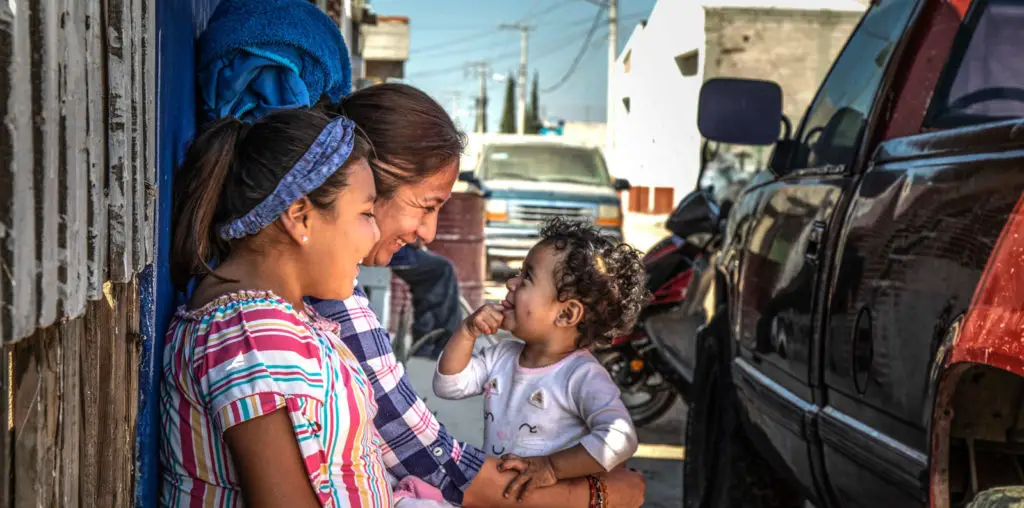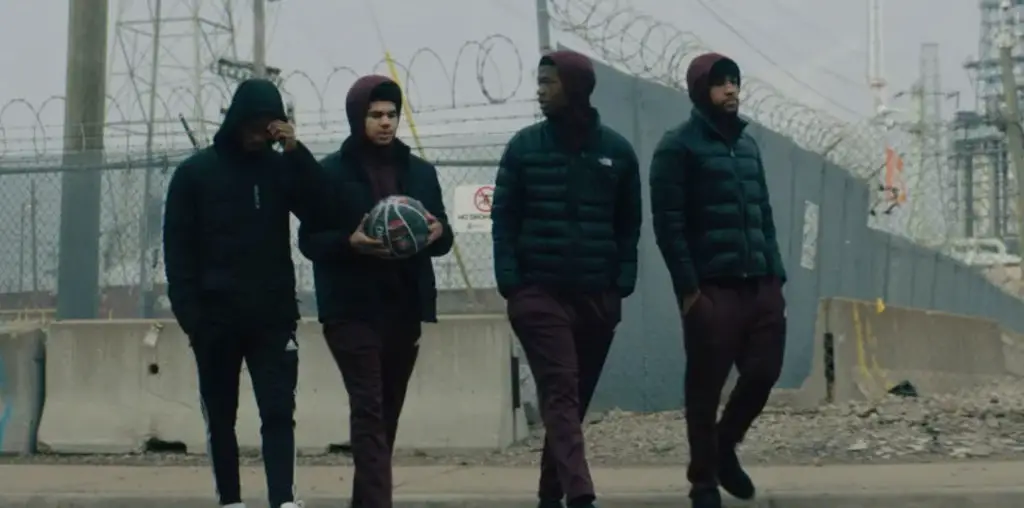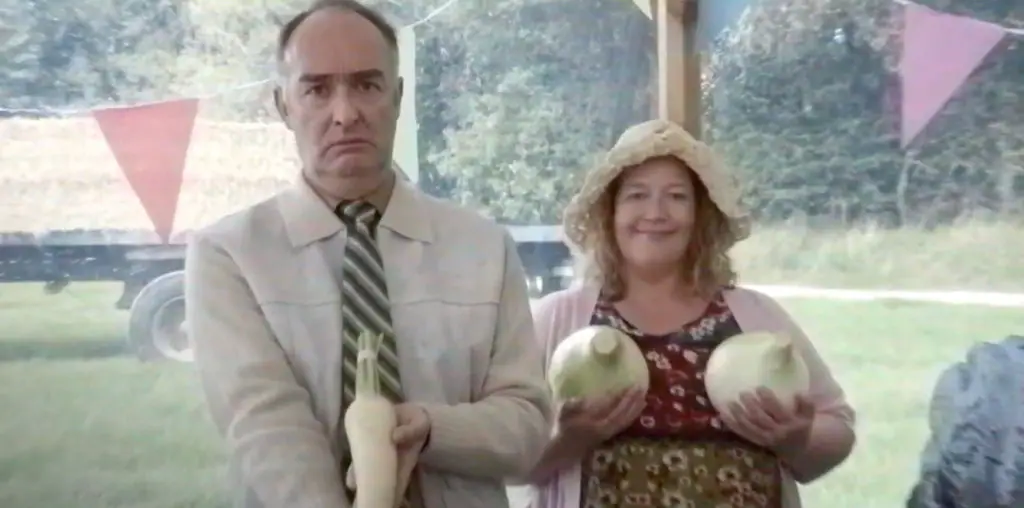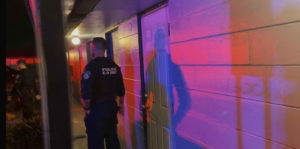
Over the last three years, it has not been popular to tell the stories of the police. Consider the fact that Cops can only be seen behind a paywall on FoxNation. Karina Michel and Daniel Trout hope to place law enforcement in a more favorable light in her documentary, Heart of Florida: Police Department.
Heart of Florida takes us to Haines City, Florida. Unlike Cops, filmmakers Michel and Trout focus on the Haines City Police Department’s efforts to build a bridge with its community. Across the nation, being a police officer is a thankless occupation. Officers risk their lives every day with every phone call and traffic stop. They are highly susceptible to PTSD and, when untreated, often lead to suicide.
The documentary follows Officer Webster and Officer Belfrey. Webster discusses his experience of PTSD and the effects it has on officers. They may seem like superheroes on the job, but off-duty, they are just human beings.
Officer Belfrey talks about the connection with his community. He’s a motivational speaker who was an at-risk youth and avoided jail by the officer who arrested him. After spending time in a community youth program, Belfrey became an officer and liaison with the town’s youth.
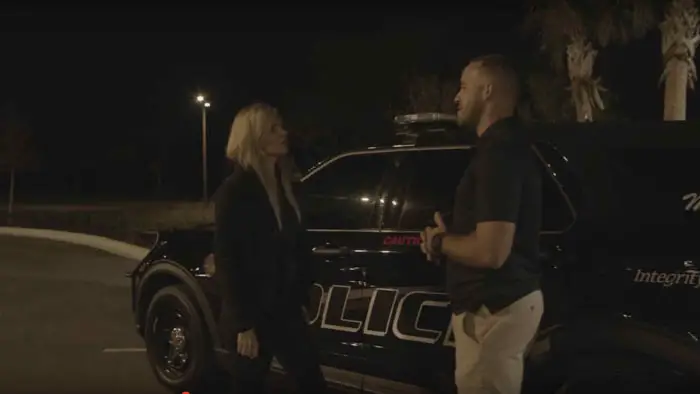
“…focus on the Haines City Police Department’s efforts to build a bridge with its community.”
Let’s face it: HBO and Showtime are not going to spend money on a documentary about the good the police are doing in small towns nationwide. Watching Heart of Florida: Police Department, you’ll immediately see that the budget was small. My guess is the budget is close to nothing except whatever shoestrings filmmakers Michel and Trout could put together.
Along with subjects Officers Webster and Belfrey, Heart of Florida also has access to the town’s police chief (who has been on the job for a year and a half) and other officers and support staff. Most interviews take place on the job and sometimes at the desk.
Michel and Trout weave together a heartfelt story of the police and the towns they protect. We forget that there are good cops out there and good departments trying to do right. We are fully aware that all it takes is the wrong moment to be caught on someone’s cellphone to tear down that goodwill.
There is a DIY tone to the look and feel of the documentary. That’s not a bad thing. Citizens now have the ability to tell stories about their communities without the need for a network budget. If anything, it’s incumbent on you and me to tell the stories that the MSM refuses to tell.
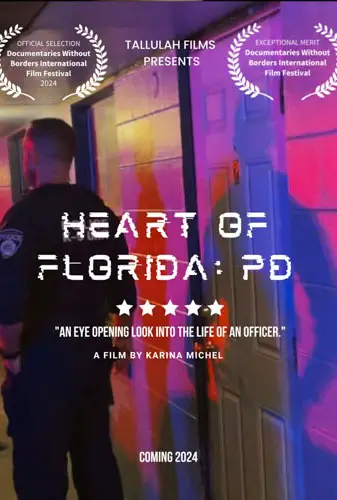
"…Citizen now have the ability to tell stories about their communities..."
